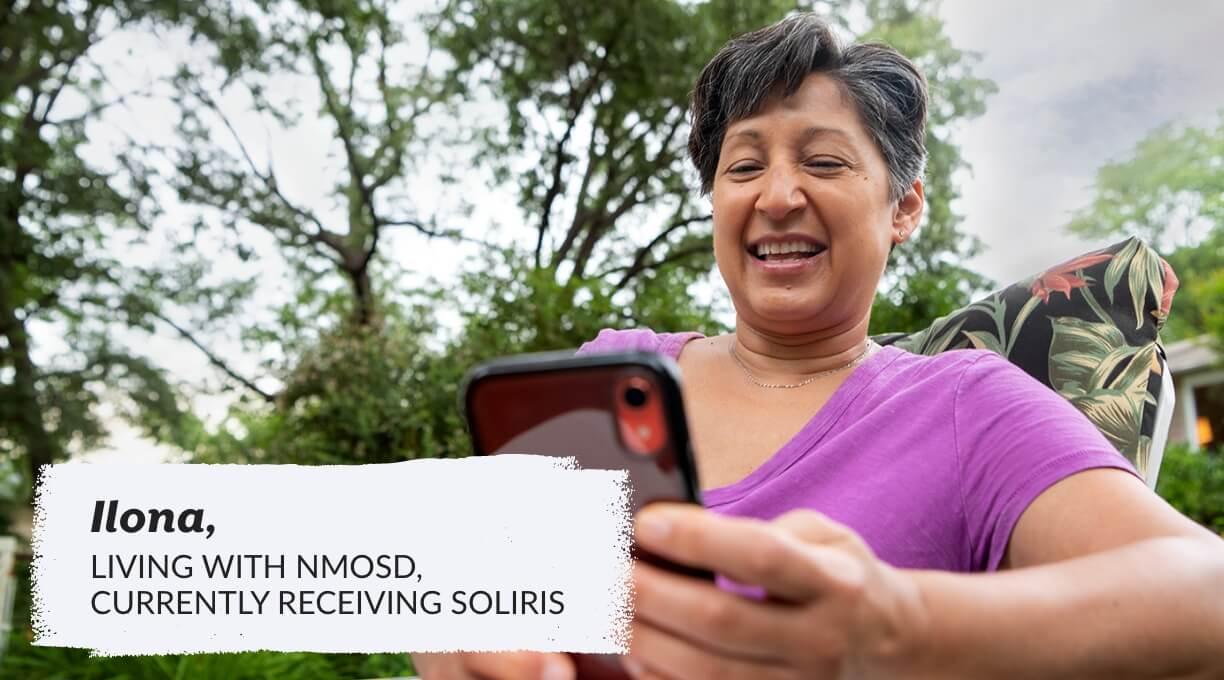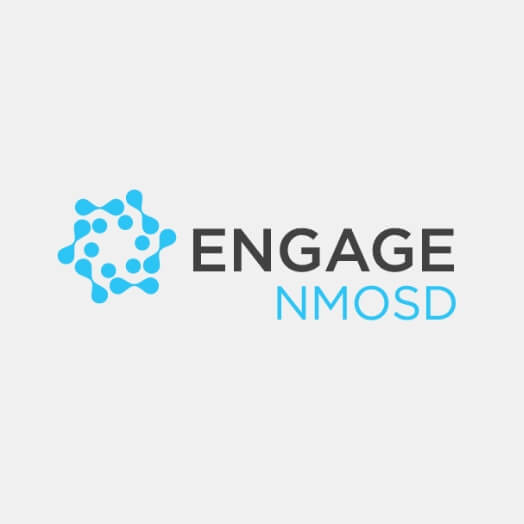IMPORTANT SAFETY INFORMATION
What is the most important information I should know about SOLIRIS?
SOLIRIS is a medicine that affects your immune system and may lower the ability of your immune system to fight infections.
-
SOLIRIS increases your chance of getting serious meningococcal infections that may quickly become life-threatening or cause death if not recognized and treated early.
-
You must complete or update your meningococcal vaccine(s) at least 2 weeks before your first dose of SOLIRIS.
-
If you have not been vaccinated and SOLIRIS must be started right away, you should receive the required vaccine(s) as soon as possible.
-
If you have not been vaccinated and SOLIRIS must be started right away, you should also receive antibiotics for as long as your healthcare provider tells you.
-
If you had a meningococcal vaccine in the past, you might need additional vaccines before starting SOLIRIS. Your healthcare provider will decide if you need additional meningococcal vaccines.
-
Meningococcal vaccines do not prevent all meningococcal infections. Call your healthcare provider or get emergency medical care right away if you get any of these signs and symptoms of a serious meningococcal infection: fever, fever with high heart rate, headache and fever, confusion, muscle aches with flu-like symptoms, fever and rash, headache with nausea or vomiting, headache with a stiff neck or stiff back, or eyes sensitive to light.
Your healthcare provider will give you a Patient Safety Card about the risk of serious meningococcal infection. Carry it with you at all times during treatment and for 3 months after your last dose of SOLIRIS. Your risk of meningococcal infection may continue for several weeks after your last dose of SOLIRIS. It is important to show this card to any healthcare provider who treats you. This will help them diagnose and treat you quickly.
SOLIRIS is only available through a program called the ULTOMIRIS and SOLIRIS Risk Evaluation and Mitigation Strategy (REMS). Before you can receive SOLIRIS, your healthcare provider must: enroll in the REMS program; counsel you about the risk of serious meningococcal infections; give you information about the signs and symptoms of serious meningococcal infection; make sure that you are vaccinated against serious infections caused by meningococcal bacteria, and that you receive antibiotics if you need to start SOLIRIS right away and you are not up to date on your vaccines; give you a Patient Safety Card about your risk of meningococcal infection.
SOLIRIS may also increase the risk of other types of serious infections, including Streptococcus pneumoniae, Haemophilus influenzae, and Neisseria gonorrhoeae. Certain people may be at risk of serious infections with gonorrhea. Certain fungal infections (Aspergillus) may occur if you take SOLIRIS and have a weak immune system or a low white blood cell count.
Who should not receive SOLIRIS?
Do not receive SOLIRIS if you have a serious meningococcal infection when you are starting SOLIRIS.
Before you receive SOLIRIS, tell your healthcare provider about all of your medical conditions, including if you: have an infection or fever, are pregnant or plan to become pregnant, and are breastfeeding or plan to breastfeed. It is not known if SOLIRIS will harm your unborn baby or if it passes into your breast milk.
Tell your healthcare provider about all the vaccines you receive and medicines you take, including prescription and over-the-counter medicines, vitamins, and herbal supplements which could affect your treatment.
What are the possible side effects of SOLIRIS?
SOLIRIS can cause serious side effects including serious infusion-related reactions. Tell your healthcare provider or nurse right away if you get any of these symptoms during your SOLIRIS infusion: chest pain, trouble breathing or shortness of breath, swelling of your face, tongue, or throat, and feel faint or pass out. If you have an infusion-related reaction to SOLIRIS, your healthcare provider may need to infuse SOLIRIS more slowly, or stop SOLIRIS.
The most common side effects in people with NMOSD treated with SOLIRIS include: common cold (upper respiratory infection), pain or swelling of your nose or throat (nasopharyngitis), diarrhea, back pain, dizziness, flu like symptoms (influenza) including fever, headache, tiredness, cough, sore throat, and body aches, joint pain (arthralgia), throat irritation (pharyngitis), and bruising (contusion).
Tell your doctor about any side effect that bothers you or that does not go away. These are not all the possible side effects of SOLIRIS. For more information, ask your doctor or pharmacist. Call your doctor for medical advice about side effects. You are encouraged to report negative side effects of prescription drugs to the FDA. Visit MedWatch, or call 1-800-FDA-1088.



